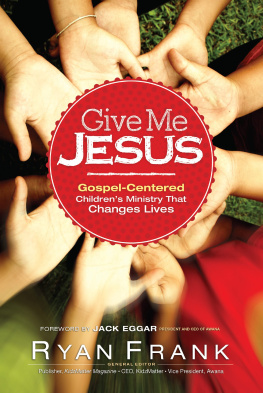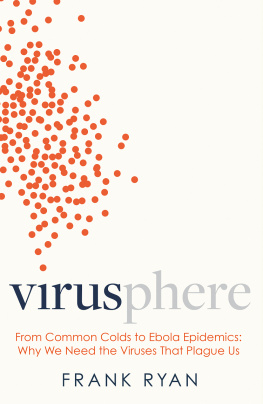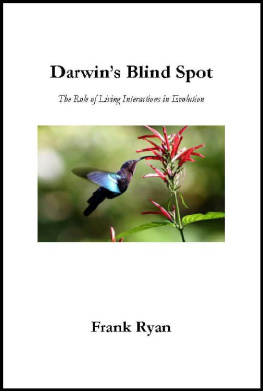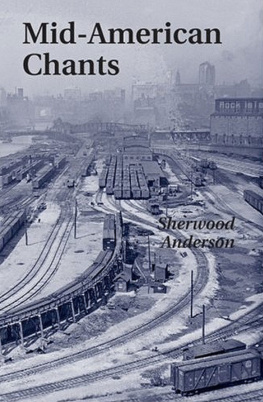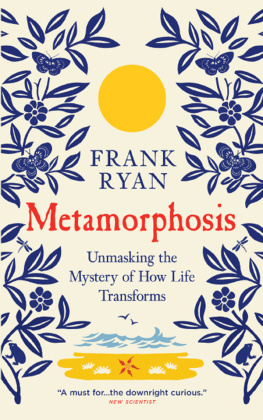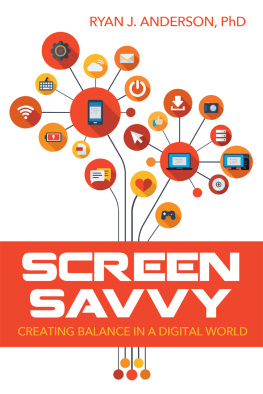Copyright 2015 by The University of Arkansas Press
All rights reserved
Manufactured in the United States of America
978-1-55728-682-6 (paper)
978-1-61075-571-9 (e-book)
19 18 17 16 15 5 4 3 2 1
Text design by Ellen Beeler.

The paper used in this publication meets the minimum requirements of the American National Standard for Permanence of Paper for Printed Library Materials Z39.48-1984.
Library of Congress Control Number: 2015943113
To Jerry and Mary Anns middle child, with love
Series Editors Preface
Sport is an extraordinarily important phenomenon that pervades the lives of many people and has enormous impact on society in an assortment of different ways. At its most fundamental level, sport has the power to bring people great joy and satisfy their competitive urges while at once allowing them to form bonds and a sense of community with others from diverse backgrounds and interests and various walks of life. Sport also makes clear, especially at the highest levels of competition, the lengths that people will go to achieve victory as well as how closely connected it is to business, education, politics, economics, religion, law, family, and other societal institutions. Sport is, moreover, partly about identity development and how individuals and groups, irrespective of race, gender, ethnicity, or socioeconomic class, have sought to elevate their status and realize material success and social mobility.
Sport, Culture, and Society seeks to promote a greater understanding of the aforementioned issues and many others. Recognizing sports powerful influence and ability to change peoples lives in significant and important ways, the series focuses on topics ranging from urbanization and community development to biographies and intercollegiate athletics. It includes both monographs and anthologies that are characterized by excellent scholarship, accessible to a wide audience, and interesting and thoughtful in design and interpretations. Singular features of the series are authors and editors representing a variety of disciplinary areas and who adopt different methodological approaches. The series also includes works by individuals at various stages of their careers, both sport studies scholars of outstanding talent just beginning to make their mark on the field and more experienced scholars of sport with established reputations.
In Frank Merriwell and the Fiction of All-American Boyhood, Ryan K. Anderson brings to life the popular stories of Frank Merriwell, the fictional schoolboy athlete who was followed by a great many loyal readers during the Progressive Era. Created by Gilbert Patten (under the pen name Burt L. Standish) and appearing in the Smith and Street dime novel Tip Top Weekly (18961912), the Merriwell stories recount the adventures of the Ivy Leaguer, Yale to be exact, who exemplified the best characteristics of an American boy. Displaying a thorough knowledge of boys sport fiction and through an exploration of the interconnection among Street and Smith publishing, Patten, and readers, Anderson makes clear that Merriwell was the idealized version of the manly boy in that he was at once physically gifted, intelligent, morally upright, selfless, honest, hard working, handsome, and inspirational. Importantly, this image of the idealized American boy eventually ceased to be a central tenet of American progressives, and Merriwell became the average all-American boy and altered the belief of many regarding an accepted model of boyhood.
David K. Wiggins
Acknowledgments
I will happily spend the rest of my life paying back the debts I racked up during the course of this project. Any shortcomings in this work are entirely mine.
An enormous thank you goes to the archival staffs that I worked with over the course of this project. Staff at the University of Minnesotas Childrens Literature Research Collections allowed me the rare opportunity to make the thousands of paper copies that make up my private collection of Tip Top Weekly issues. Without setting aside a copy machine for my use (eight hours a day for three and a half days!) and at their great inconvenience and expense, I would not have been able to undertake this project. At Bowling Green State Universitys Ray and Pat Browne Library for Popular Culture Studies, the staff welcomed me on multiple trips and has proved essential in securing digital images for use in this bookthank you, Nancy Downs and staff. Thanks to the folks at the University of Arkansas, Special Collections, Rare Books and Special Libraries at Mullins Library; Brandeis Universitys Robert D. Farber University Archives and Special Collections; the Rare Book and Manuscript Collections Department at Carl A. Kroch Library, Cornell University; the University of Delawares Special Collections Room at Hugh M. Morris Library; the Denver Public Librarys Western History-Genealogy Department; the Houghton Library at Harvard University; the Library of Congress Rare Books and Special Collections Reading Room and the Manuscript Division; the National Museum of American History; the New York Public Librarys Manuscripts and Rare Book Room; New York Universitys Fales Library and Special Collections; Purdue Universitys Hicks Undergraduate Library (Hi, Dot!); Syracuse Universitys Special Collections Research Center, E. S. Bird Library; and Yale Universitys Bienecke Rare Book and Manuscript Library. It was my great pleasure to visit and work with you all. Special thanks to Diane Cotts at the University of Oklahoma Press for hunting up and providing illustrations used in Frank Merriwells Father: An Autobiography, by Gilbert Patten (Burt L. Standish) that are reproduced here with permission.
One of the great pleasures of researching this book was finding (literally and figuratively) other people who were just as excited about sharing Merriwell with a larger audience. Very special thanks to John Levi Cutlers family. In a great show of confidence, Ann Cutler, his wife, and Carolyn Cutler, his daughter, sent me papers that made up the correspondence with Gilbert Patten he used when writing the only biography of the author (these are now at Syracuse University with the Street and Smith Editorial Records). Edward LeBlanc and Gerald Macintosh did pioneering bibliographic work on Merriwell that made my work possible. Randy Cox, the dean of dime novels, sat down with me one afternoon for a long conversation about Merriwell and Street and Smith. Bouncing my ideas off him informally was a great help, as was his reference work, The Dime Novel Companion.
I benefited from monetary support along the way. Early on, the Purdue University Department of History funded initial research trips with money from the Harold Woodman Graduate Research Fund. The Purdue Research Foundation awarded me multiple summer grants and year-long grants that supported the cost of research and writing for two years. The Horatio Alger Society awarded a Horatio Alger Fellowship for the Study of American Popular Culture that funded most of the research I did at Northern Illinois University. At my current academic home, the University of North Carolina at Pembroke, the history department has awarded reassigned course time to free up writing and revision at crucial moments, and the Teaching and Learning Center awarded both a Mid-Career Faculty Support Initiative HOPES Program Grant and a Summer Research Fellowship.



 The paper used in this publication meets the minimum requirements of the American National Standard for Permanence of Paper for Printed Library Materials Z39.48-1984.
The paper used in this publication meets the minimum requirements of the American National Standard for Permanence of Paper for Printed Library Materials Z39.48-1984.
